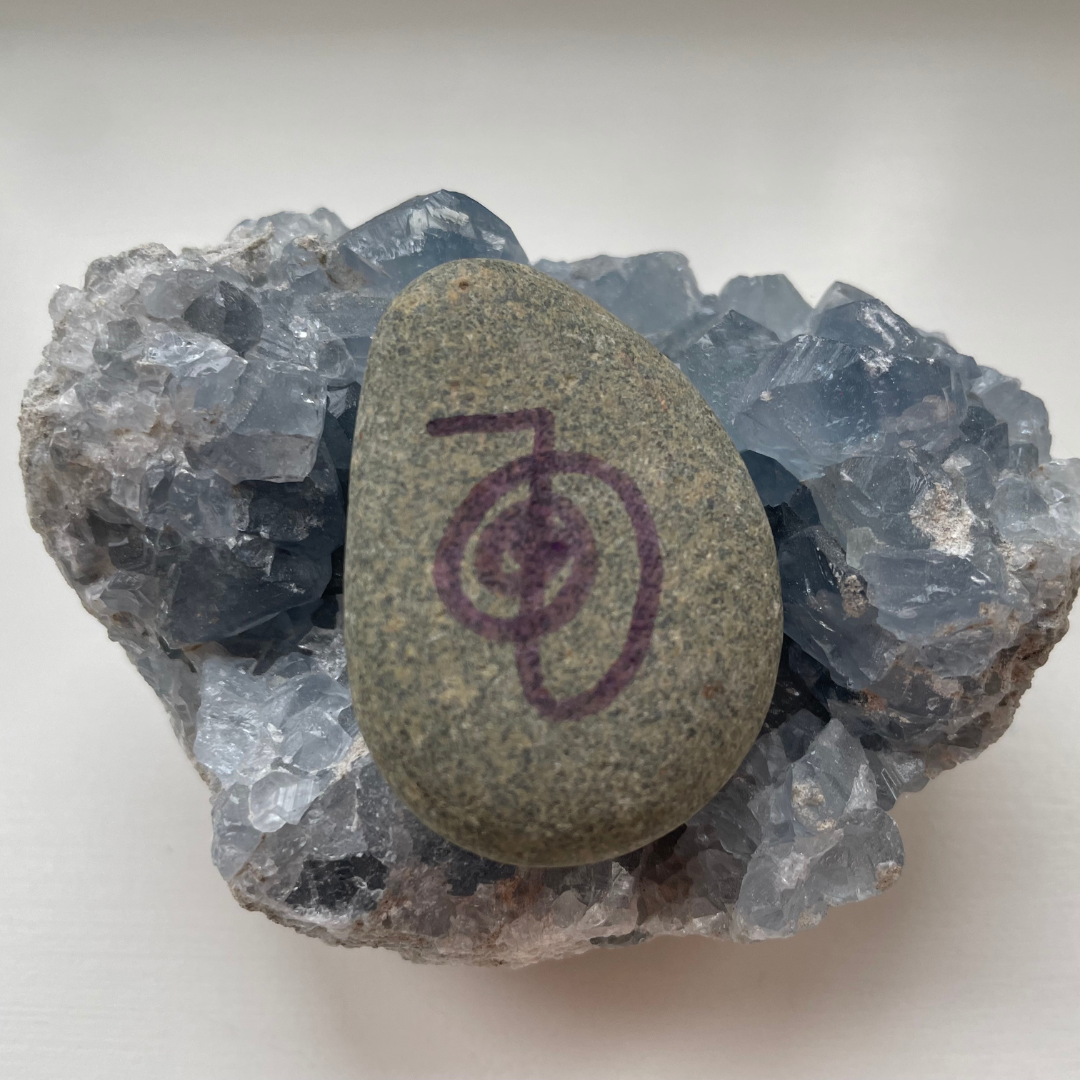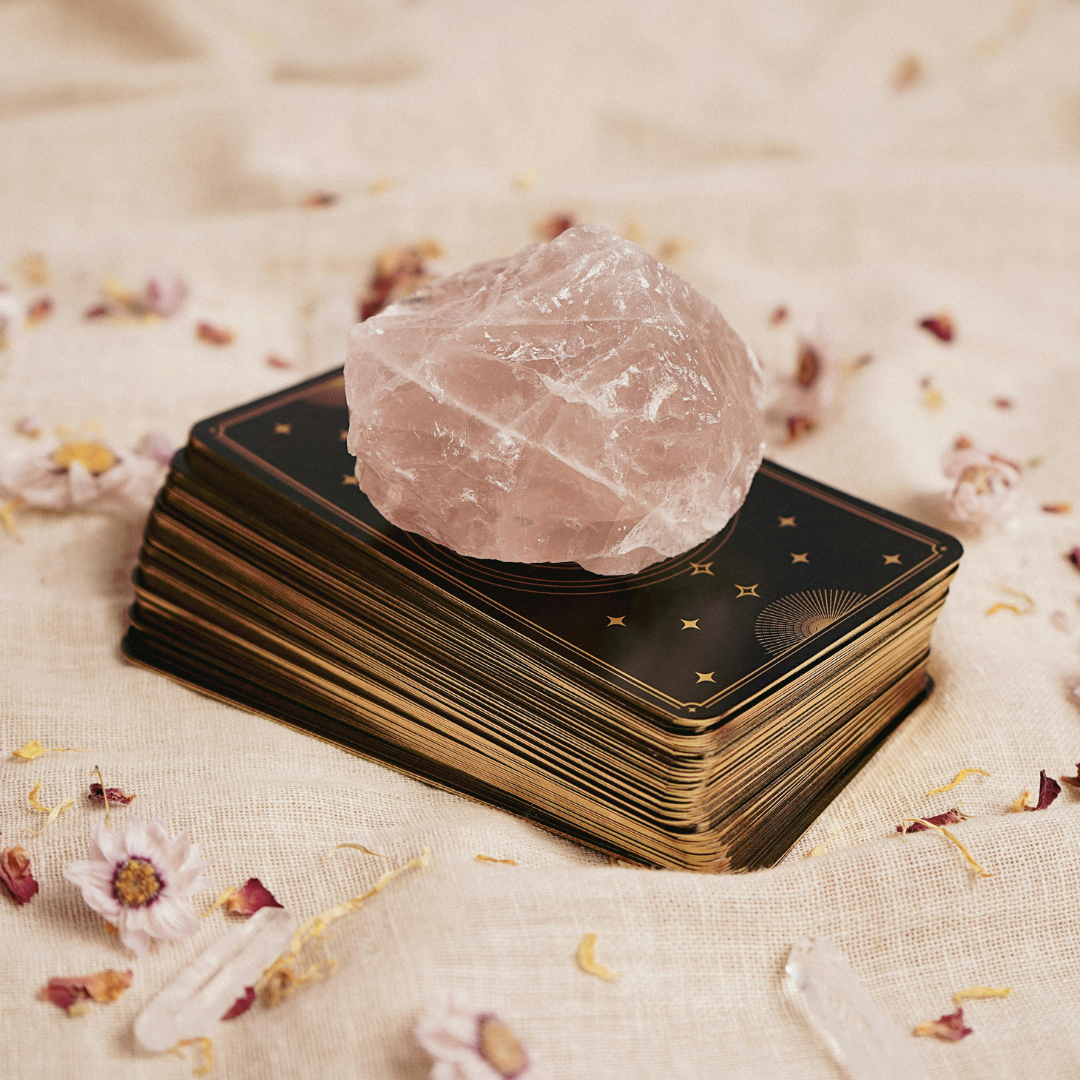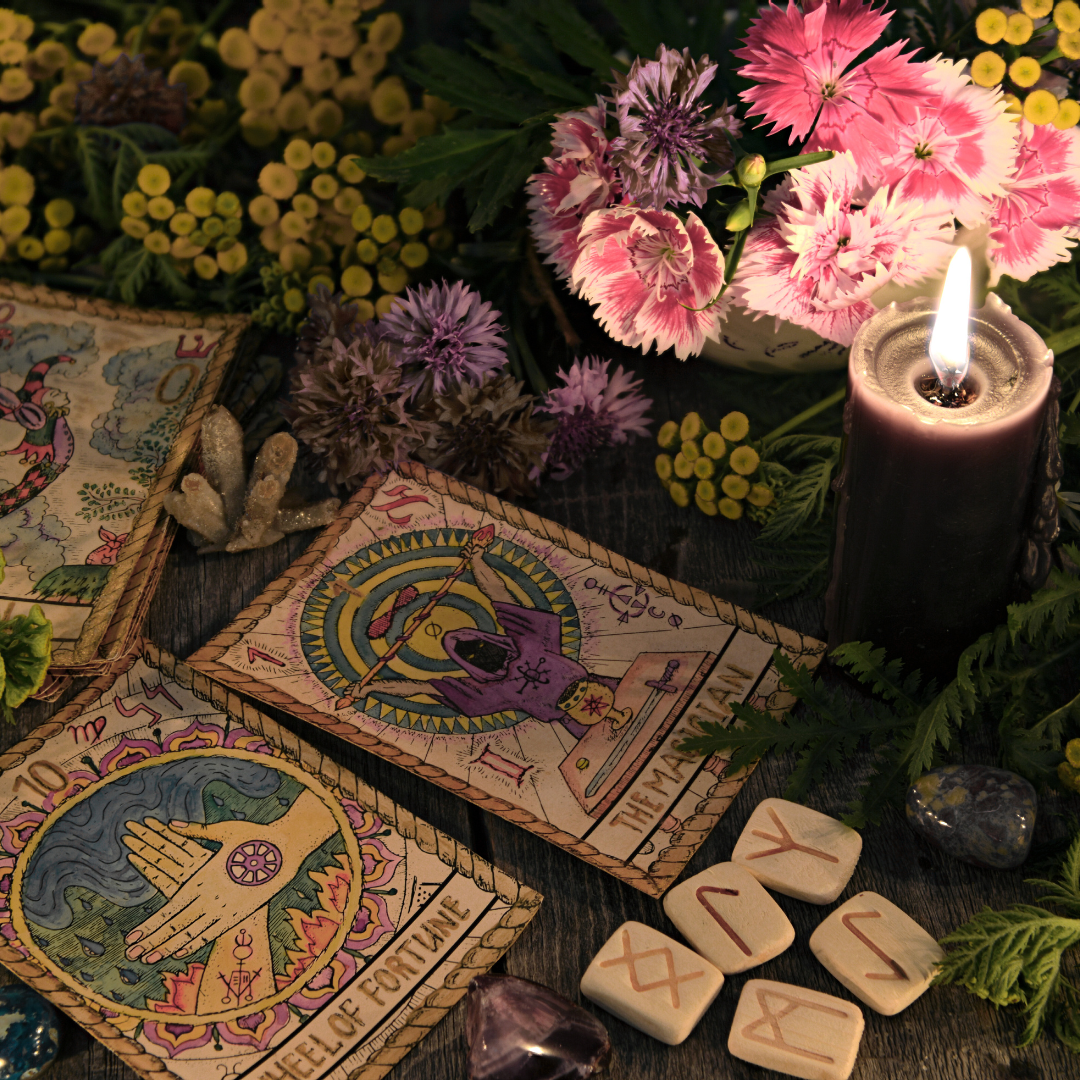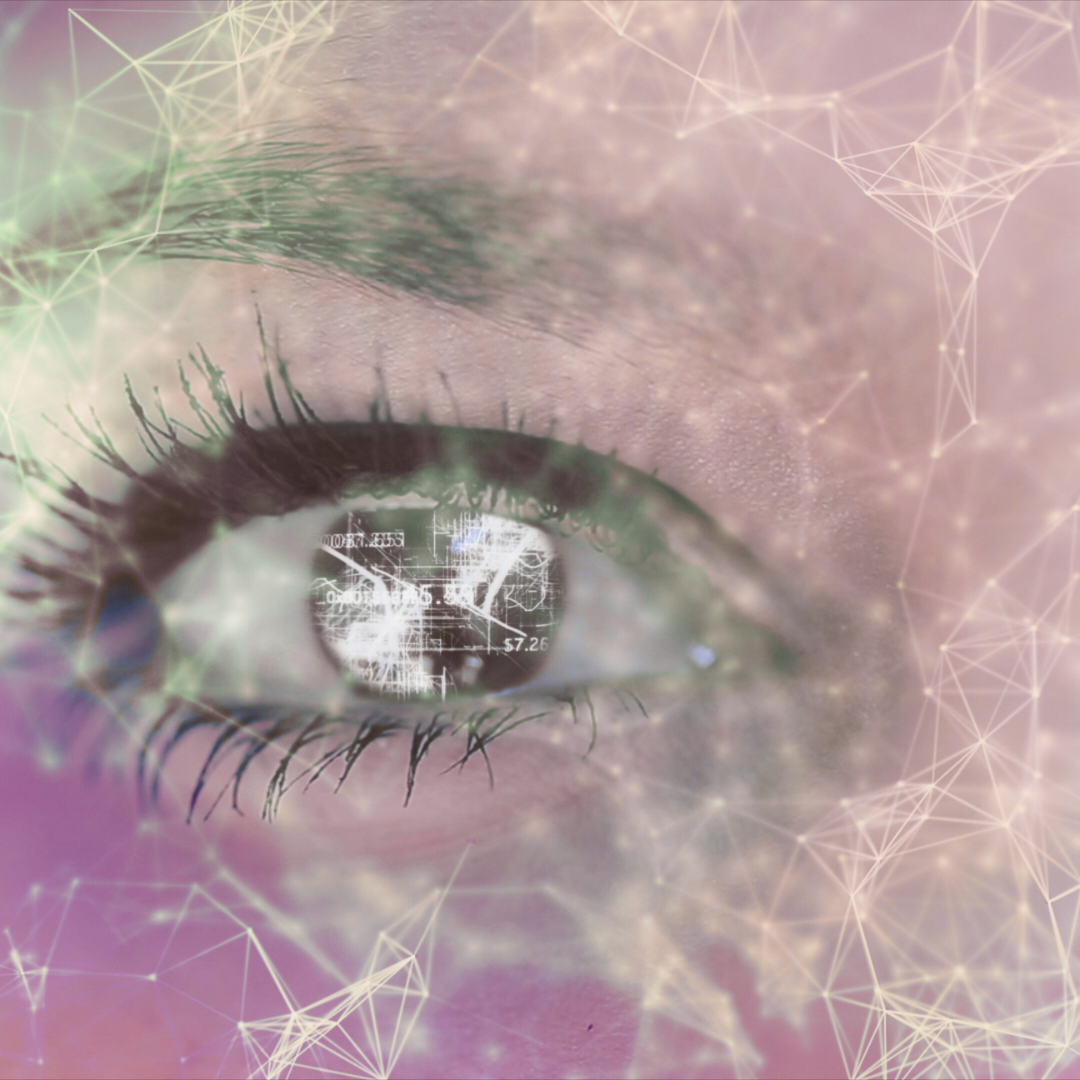Distance Reiki for Anxiety and Depression: Calm Your Mind from Home
Clients often describe distance Reiki as the first deep breath they’ve taken in weeks.
Anxiety and depression can feel like a constant weight on your body and mind. For many sensitive women, that weight never fully lifts, no matter how much they rest. Thoughts keep racing. Sleep feels shallow. Everyday tasks feel heavy, and the world begins to feel smaller and smaller.
When life gets like this, even asking for help can feel like too much. That’s why distance Reiki can be such a gentle yet powerful place to start. From the comfort of your own home, Reiki can calm the nervous system, release stuck emotional energy, and remind your body that peace is still possible.
This guide will help you understand how distance Reiki works, why it’s especially supportive for anxiety and depression, and how it can become a safe part of your healing journey.
Understanding Anxiety and Depression in Sensitive Women
Persistent Worry and Exhaustion
Anxiety can feel like an engine that never shuts off. Even when your body is exhausted, your mind continues spinning, thinking about everything that could go wrong. Over time, this state of constant alertness wears down the body. You may notice tense muscles, shallow breathing, digestive issues, or a pounding heart that won’t slow down.
Depression often shows up alongside anxiety, as if your system has burned itself out from trying to stay “on” all the time. This can feel like a heavy fog: no energy, no motivation, and no joy in the things that used to matter.
Feeling Alone in Your Struggle
Even with therapy, medication, or other support, many women find themselves still feeling unseen. You might have moments of progress only to feel pulled back under by the next wave of stress. It’s frustrating to feel like no one understands why the weight doesn’t just go away.
Some of the most common questions I hear are:
Can Reiki really help with anxiety?
How can something work if I’m not even in the same room?
Will I feel anything during a session?
The simple answer: Reiki doesn’t replace therapy or medication, but it can be a deeply supportive companion. And yes, it works beautifully at a distance.
What Is Distance Reiki?
How Virtual Energy Transmission Works
Reiki is an energy healing practice based on the understanding that everything, including you, is made up of energy. During a session, a Reiki practitioner connects to this universal life force energy and gently directs it toward you.
Unlike massage or physical therapy, Reiki doesn’t require touch. This means it can be shared just as effectively across distance as it is in person. The practitioner tunes into your energy field and works with it as if you were in the same room.
Benefits of Distance Reiki vs. In-Person
Distance sessions have a few unique benefits:
Comfort: You don’t have to leave your home or manage transportation.
Safety: You’re in your own environment, where you already feel most at ease.
Accessibility: Sessions can be scheduled more flexibly, which is helpful on days when energy is low.
For many clients, being able to rest in their own bed or chair allows them to receive the session more deeply.
Research on Reiki for Anxiety
Studies on Reiki have shown that it can help:
Lower anxiety levels
Improve sleep
Reduce the physical sensations of stress
Create a sense of calm that often continues after the session
It’s gentle, non-invasive, and safe to use alongside other forms of care.
“Healing doesn’t always begin with doing, it can begin with receiving.
Reiki offers rest, not effort, as the foundation for transformation.”
How Distance Reiki Eases Anxiety and Depression
Activating the Parasympathetic Nervous System
Anxiety is tied to the fight-or-flight response. Distance Reiki helps guide the body back into the parasympathetic nervous system, the “rest and digest” state. When this shift happens, breathing slows, heart rate steadies, and the body begins to relax.
Many clients describe feeling like they’ve had the first deep exhale in months.
Clearing Stuck Emotional Energy
Depression often feels like emotions that have nowhere to go. These emotions settle into the body, making you feel heavy. Reiki helps those emotions move so that they can finally begin to release.
Sometimes this feels like warmth in a specific area, tingling in your arms or legs, or just a sense that a weight is lifting.
Restoring Hope and Resilience
As sessions continue, people often notice that their resilience grows. Situations that once felt overwhelming start to feel more manageable. It becomes easier to return to center when something stressful happens.
Reiki isn’t about pretending everything is fine. It’s about building a stronger foundation so that when difficult moments come, you have more internal stability to face them.
Preparing for a Session
Creating a Safe Environment at Home
Choose a space where you can relax without interruption. You might:
Lie down on your bed or couch
Dim the lights
Play calming music
Wrap up in a blanket
This space becomes your sanctuary during the session.
Setting Intention and Consent
Before the session, you’ll be invited to set an intention. This might be:
“I want to release tension in my body.”
“I want to feel more calm and grounded.”
“I’m ready to let go of old worry that’s been stuck.”
This clarity helps guide the flow of the session.
What to Expect During and After
During the session, you may notice:
A feeling of heat or tingling in different parts of your body
A wave of emotion that comes up and then passes
Deep relaxation, sometimes even falling asleep
After a session, it’s common to feel lighter, more at ease, and able to rest more deeply than usual.
Integrating Reiki into Daily Life
Simple Self-Care Practices
Distance Reiki works best when paired with gentle self-care practices:
Breathwork: Slow, deep breathing for a few minutes a day.
Meditation: Even five minutes of quiet time helps reinforce calm.
Journaling: Writing out what you feel can help process emotions that rise after a session.
“Studies show Reiki can reduce anxiety, improve sleep, and activate the parasympathetic nervous system.”
Combining Reiki with Therapy or Medication
Reiki is not a replacement for other treatments. Instead, it complements them by creating a sense of emotional safety that makes it easier to engage in other types of care.
Many clients find that Reiki helps them respond better to therapy because their nervous system isn’t as overwhelmed.
How Often to Schedule Sessions
In times of high stress, weekly sessions can be helpful.
For maintenance, many choose a session every two to four weeks.
Consistency helps your system build a new baseline of calm.
A Gentle Path to Calm and Connection
Anxiety and depression are heavy, but they don’t have to define your life. Distance Reiki offers a gentle, supportive way to create more calm and build resilience, even if you feel stuck right now.
If you’re ready to explore this kind of support, House of Cleo Devine offers distance Reiki sessions, chakra balancing, and energy healing services that meet you where you are, with compassion and without judgment.
These sessions are designed to help you release what’s heavy, calm your nervous system, and rediscover a sense of connection to yourself.
Your healing doesn’t have to start with effort. It can start with rest.
















